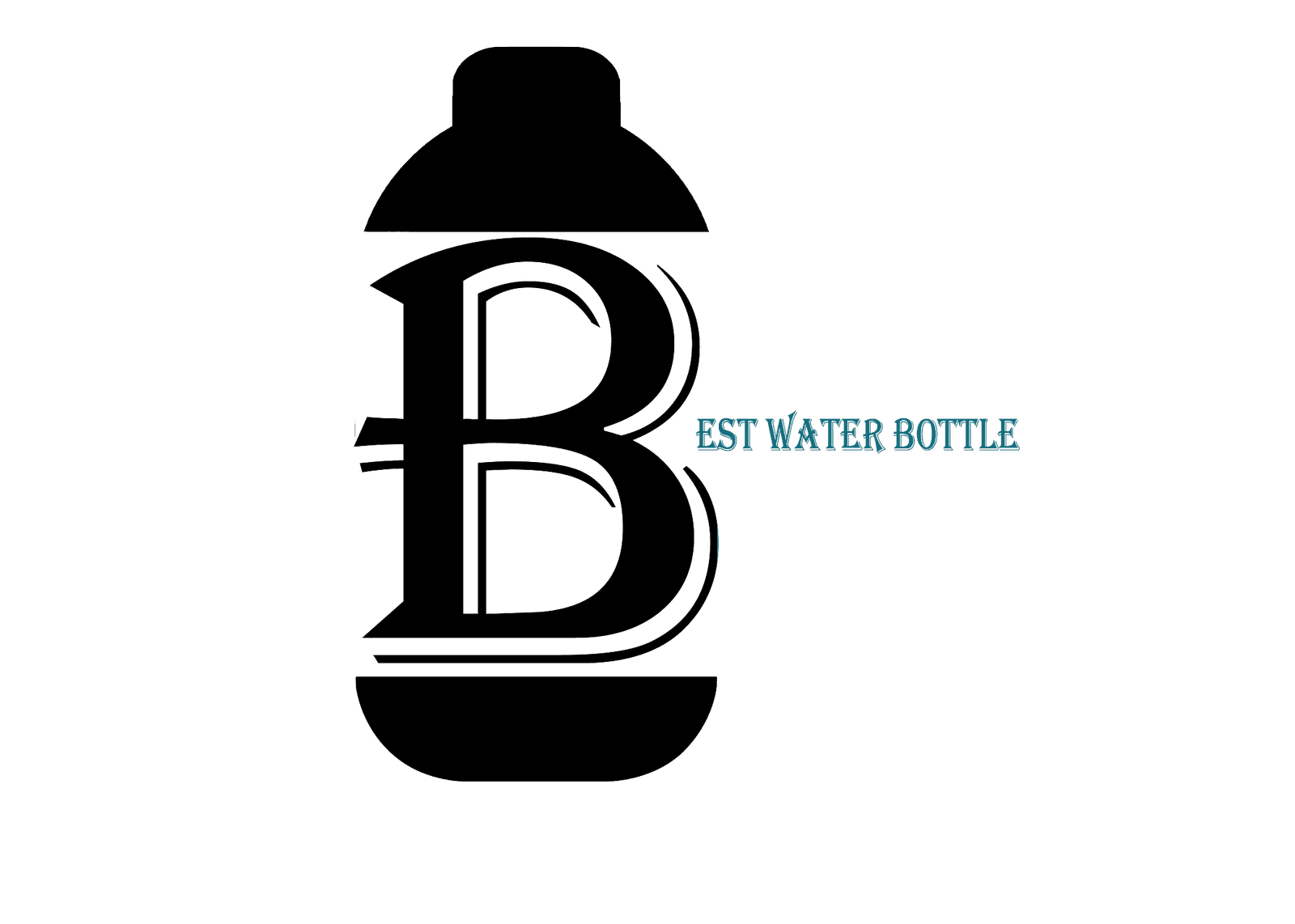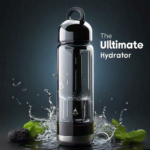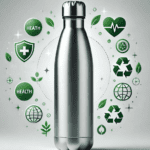
The Ultimate Guide: Are Aluminum Water Bottles Safe?
Aluminum water bottles are in trends today to have an eco-friendly option to carry drinking water. However, the effectiveness and long-term use of these plant based carriers have provoked some concerns: especially with relation to the health effects of aluminum. In this article, we will discuss all the aspects of the aluminum water bottles and try to find out is it really safe for drinking.
In this article, we shall explore the nature of aluminum, use of linings in aluminum water bottle and the effects of aluminum exposure. Further, it is also a good advice where to purchase safe aluminum water bottles, how to maintain them, as well as discuss about other types of water bottles in case aluminum is unwanted.
By the time you reach the end of this guide, you’ll know all that needs to be known about aluminum water bottles and their safety so that you may make an informed decision.
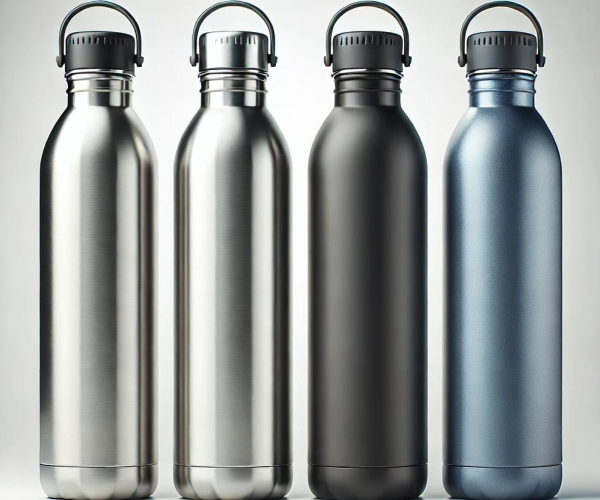
The light weight, strength, and recyclable nature of aluminum water bottles have made them attractive in recent times. However, are aluminum water bottles safe? It is, therefore, imperative to know what aluminum water bottles are before taking a look at safety concerns.
Aluminum water bottles are made of Aluminum alloy which is a kind of metal product that doesn’t rust and is very strong. These bottles have the tendency to react with acidic and salty products; hence they are usually coated with anodized or epoxy material. This coating also aid in minimizing chances of Al leaching into the water round the coated structure or vessel.
There exists a number of aluminum water bottles categorized by their shapes, sizes, and designs and have been in high demand for individuals in outdoors, athletes and people with with concern for the environment. They also are not as expensive as stainless steel or glass water bottles.
There are factors that one needs to take into consideration when discussing safety of the aluminum water bottles. Particular concerns have been expressed concerning potential effects of aluminum compounds on health, for instance Alzheimer’s disease. However, one has to remember that these studies proved high levels of aluminum exposure, rather than the tiny levels present in water bottles.
For safety issues, there is aluminum water bottles that are made from food grade aluminum and lined with non-toxic BPA free coating. Relative manufacturers also make certain product tests to ensure they have met the international safety test.
Safety issues which we are going to discuss in detail include processes like leaching, toxicity, and certifications with reference to aluminum water bottles. Well when you read the facts as discussed herein, you will be in a better position to decide and determine whether the aluminum water bottles are safe for your use or your daily water consumption.
Amazing Understanding the Safety Concerns
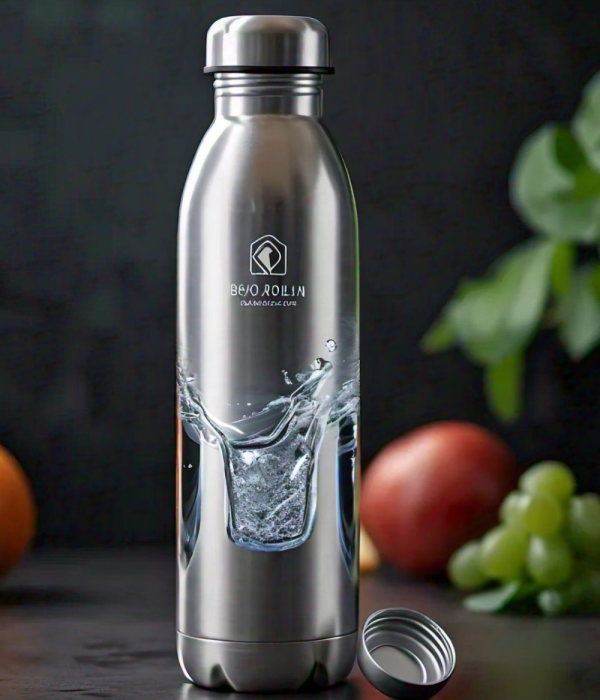
First of all, while assessing aluminum water bottles there should be the emphasis on safety. This week’s revelation over whether aluminum water bottles are safe or not have been put to test. This question raises tones of controversy to health professionals and also the health consumers. For better understanding of the concepts let us dissect the paramount safety issues highlighted above.
Sulfuric acid corroding of aluminum is one of the main problems coming up in this process. That’s why most contemporary aluminum water bottles are equipped with non-hazardous BPA-free coatings to avoid this. Aluminum exposure has been suspected to be related to Alzheimer’s disease by some research findings though this requires further research.
Other potential risks include:
- Possible exposure to BPA, phthalates or Heavy metals such as lead and cadmium.
- Side effects though related to taking acidic foods Drinks
- Manufacturing defects
To reduce these dangers, use water bottles made of aluminum that are composed of:
- Food-grade aluminum
- Non-toxic coatings
- Endorsed by relevant authorities such as FDA, EU and meet international standard, ISO 9001
Proper usage and maintenance also play a crucial role: Proper usage and maintenance also play a crucial role:
Food-grade aluminum
• Non-toxic coatings
• Endorsed by relevant authorities such as FDA, EU and meet international standard, ISO 9001.
- Regular cleaning
- Avoiding extreme temperatures
- Storing safely
Nonetheless, listing out some of the aluminum water bottles which were tested, they meet many safety measures. Hence, when you are aware of the risks and how to protect yourself from it, you can be able to enjoy the aluminum water bottles.
WATER-H SMART Sale On Products
When choosing aluminum water bottles for daily use, people will pay much attention on the safety issue. Filed Under: Aluminum, Health Issues, Water bottles Tagged With: Aluminum Water bottles, Health Issues, health problems, water bottles The answer can be found in the understanding of materials, construction and particular usage in given conditions.
Generally, aluminum water bottles are safe when made from: Generally, aluminum water bottles are safe when made from:
- Food aluminum (FDA approved, European union approved, or conforming to ISO 9001 standard)
- Non-toxic, BPA-free coatings
- Durable, leak-resistant designs
- Leaching of aluminum (reduced with non-toxic powder-coats)
- BPA and phthalates, which can leach into the air from products made with these chemicals: not an issue with BPA-free products of course.
- Heavy metals presence which is eradicated with endurance that is applied in sheer manufacturing.
To ensure safe daily use: To ensure safe daily use:
- Always rinse your bottle and then pat dry the same
- Avoid extreme temperatures
- Store safely
- Choose reputable manufacturers
According to scientific study, aluminum water bottles provide negligible health hazards when used properly. The benefits of aluminum water bottles include:
- Lightweight and portable design
- Eco-friendly alternative to plastic
- Durable and long-lasting
- Outweigh the potential risks.
It is quite important to note that by choosing a quality aluminum water bottle and following the correct way of using it, you are able to have safe and healthy water drinking practice.
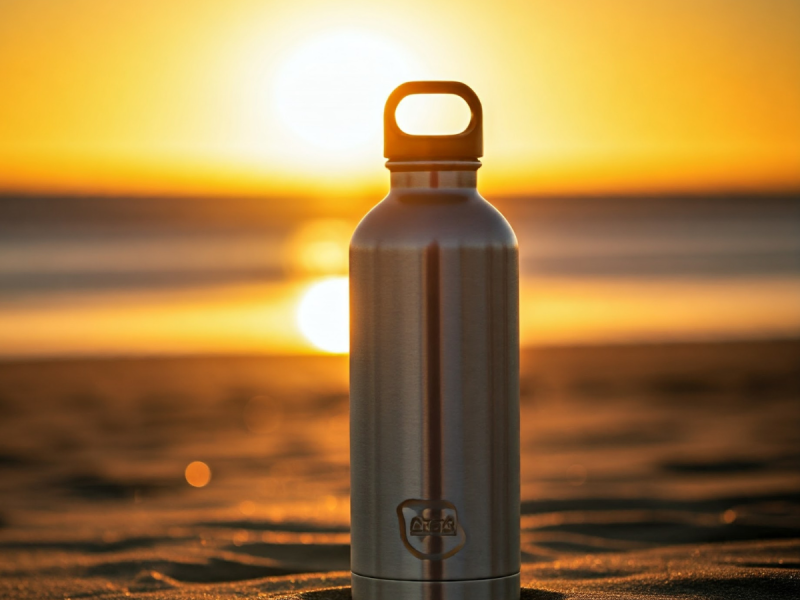
Aluminum is completely recyclable and thus these water bottles are friendly to the environment as compared to other types of bottles. This means that, unlike the single-use plastic bottles that have the ability of being used only once before they are chucked out, aluminum bottles have the added advantage of being recyclable many times over, and still retaining their pristine texture. This averts the generation of waste, hence minimizing the dumping leading to the conservation of resources.
Not only is aluminum an easily recyclable material, but aluminum manufacturing has also become far more energy-consuming than before. Recent aluminum production techniques are known to consume less energy and result in less emissions of the greenhouse gases in the atmosphere.
Aluminum water bottle is yet another best seller because you are sure of going for a product that is friendly to the environment. Aluminum water bottles are friendly to the environment since it helps in cutting down the rate of upsetting the balance of mother nature.
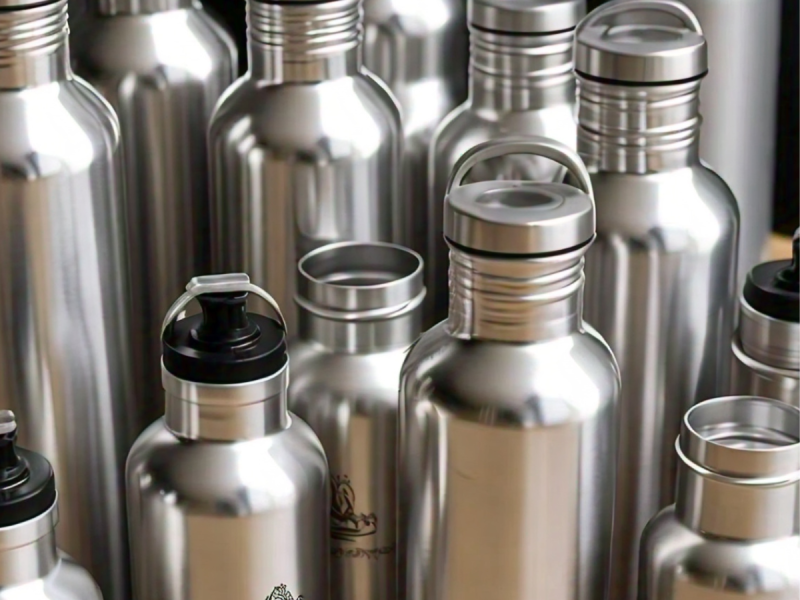
If you are looking at the aspect of safety to decide on the propriety of aluminum bottles, then you are going to look at a couple of factors when choosing the right bottle for your circumstances; the most foremost of these factors is the protective layer. Most aluminum water bottles will feature a lining that is free of BPA in a move that will help to ensure that aluminum does not come in direct contact with your beverage. A protective lining is critical to its safety, as it prevents the leach of metal from your bottle into your water (a concern when heated and/or with acidic drinks).
Another consideration is durability. Since aluminum water bottles are lightweight, they can sometimes get dented if not appropriately handled (they can still dent, just a bit larger of a risk than it is for a thicker plastic bottle). When possible, find a well-constructed, sturdy bottle that will stand up to regular use without compromising part of the lining, or get a different bottle without that has better construct (you run the chance of compromising hygiene with bottles that do not have a protective lining).
If you want your water or beverage to stay at either a super cold temperature, or keep food safe to eat, you may also wish to explore an insulated aluminum bottle. Insulated aluminum pots or bottles will keep your drink cold, or your food safe to eat, for longer. If your bottle has a wide mouth opening, it will make it easier to clean (thus, address important hygiene/safety matters).
Lastly considering the brand/environmental perspective for water bottles as an added safety. A more eco-friendly brand will have product assurances that sustainable production practices. This an added layer of assurance that it is safe for you and safer for the planet environment.
Conclusion
In most cases, the aluminum water bottles are safe to use but when used inappropriately or when not well maintained they are linked to various health hazards. till today controversies are associated with the Aluminum that is used in food processing and storage there is low risks if the bottle is made from food grade Aluminum and has BPA lined interior.
To ensure the safety of your aluminum water bottle, it is important to: For the safety of such an aluminum water bottle it is about important to:
Choose the type of material for the bottle to be non-toxic which should be aluminum with a liner that does not contain BPA and if possible of high quality.
You should make sure you wash the bottle very well this will mean that you will minimize on the bacterial formation and other contaminants.
Thus, it is recommended not to keep the bottle with some other products that are acidic or alkaline for long period of time.
This way you can still have a metallic water bottle that is made of aluminum and light in weight and environment friendly and avoid all the issues that might come up.
If you are having issues with the impact of aluminum to your body then it will be advisable that you go for the stainless steel or the glass water bottles. However, like in almost every case, these materials are also not without their strengths and weaknesses in it.
Last but not the least; it is now the consumer stretchy to go for an aluminum water bottle. It is therefore informative to have some understanding on the risks as well as the benefits of either type of water bottle so as to come to a conclusion.
